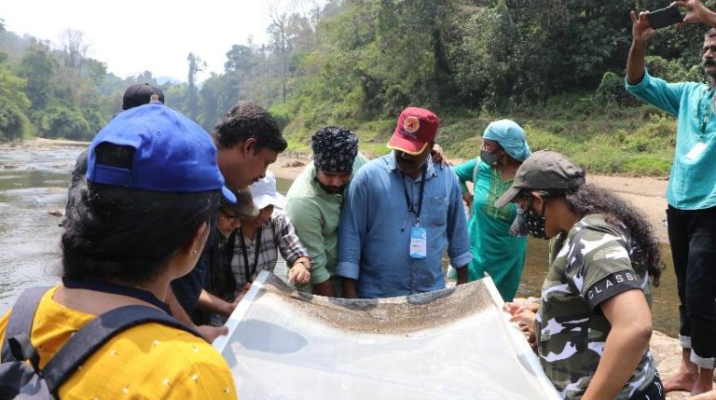Four successful workshops on Climate Change Adaptation were held for 130 senior officials from Fiji, Samoa, Tonga and Tuvalu between June and August 2010. These workshops, organised by the University of the South Pacific, featured briefings on likely impacts of climate change on Pacific Islands and sought suggestions for policy changes for island adaptation. Climate change will increase existing threats to coral reefs due to unsustainable fishing, pollution from the land and habitat destruction via sea level rise, sea temperature rise, ocean acidification and increased strengths of cyclones. Rapid population growth will exacerbate these. All countries recognise the threats posed by climate change and have signed relevant United Nations (UN) Conventions and Agreements. They all have policies to tackle climate change threats. However, the governments have a lack of capacity to seriously address climate change threats and these are yet to be incorporated as a cross-cutting theme among the relevant government departments. The countries recognise a need to raise awareness of the issues and include these in school curricula, which are often based on developed country models. Tonga recognises that existing government departments will need to improve communication and coordination to develop an integrated approach. Fiji questions whether a national ocean policy could serve the purpose of addressing issues such as sustainable fisheries management (including ecosystembased management), cross-sectoral corporation, linking scientists with policy makers, education and awareness. Samoa recognises the challenges presented by developing an integrated approach, which involves cutting across ministries. Tuvalu has several existing social and economic threats despite their traditional leadership system. The governments recognise that an expansion of Marine Protected Areas (MPAs) offers a potential mechanism, however only Fiji and Samoa have active MPA programmes in association with user communities. The countries recognised that building on the Regional Oceans Policy template approved by the Forum Leaders in 2002 was an essential first step in improving policy and all recognise the important role of climate change in the long-term sustainability of their marine resources and food security.
Peer-reviewed publication

